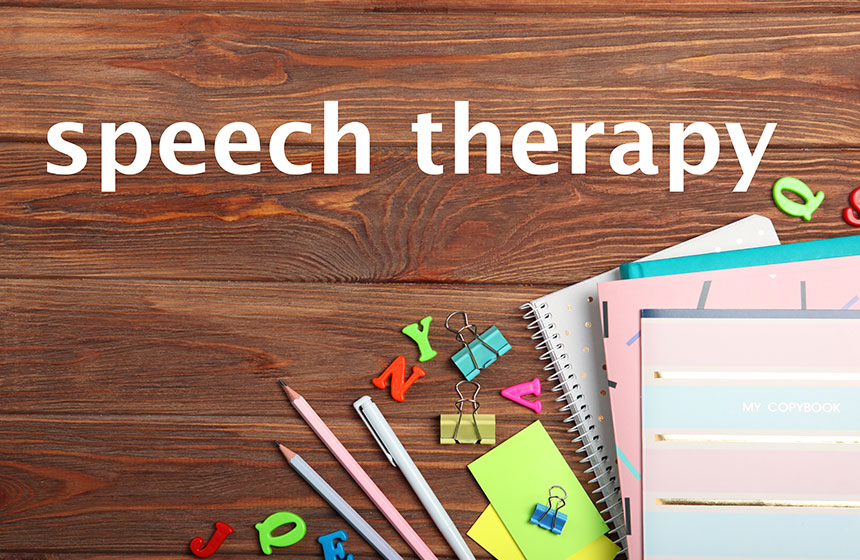Speech therapists working with kids in schools to help them pronounce Rs or get rid of lisps are usually what come to mind when you think about speech therapy. But strong communication skills are crucial at any age, especially for the elderly whose speech may be impacted by sickness or old age. In addition to the social consequences of a speech impairment, older adults may experience emergency circumstances if they are unable to express their pain, discomfort, or other issues. Thankfully, there is speech therapy designed specifically for the elderly, and it offers advantages beyond better communication. What types of benefits of speech therapy the older population stand to gain? Read on to learn more.
Strengthening of Vocal Cords
Age causes the vocal cords, like many other body components, to lose some of their elasticity, which weakens the larynx muscles and makes speech more challenging. Specialized vocal exercises can strengthen the vocal cords and enhance communication, although speech therapy may not be able to “repair” the vocal cords’ suppleness.
Better Swallowing Ability
The decreased capacity to swallow due to aging muscles is another side effect that raises the risk of choking on meals. The strengthening of the voice cords, larynx, and jaw muscles brought on by speech therapy can enhance the swallowing reflex, enhancing comfort and safety when eating.
Treatment of Stroke-Related Diseases
Patients who have had a stroke are often advised to have speech therapy, which addresses the two distinct problems of aphasia and apraxia.
The inability to articulate ideas verbally, such as saying “table” when the patient really means “chair,” is known as aphasia. Aphasia affects about 25% of stroke survivors, and long-term speech therapy helps patients concentrate to find the right word.
A patient with apraxia is unable to make the required lip movements to create words. Apraxia speech therapy involves repeating particular sounds before converting them into words.
Speech therapy after a stroke should start as soon as possible for either disorder with immediate treatment boosting the likelihood of full recovery.
Treatment of Dementia and Memory Loss
Even if they have normal speaking ability, older adults with dementia and memory loss can benefit from speech therapy. Speech therapy assists with the cognitive components of communication, such as problem solving and attention, while also maintaining the brain functions connected to communication. Therapists can help families by educating them on how to communicate more effectively with elders who are experiencing memory loss.
Enhancement of Quality of Life
Due to the practical and social importance of communication, many elderly people with untreated speech impairments are more likely to experience loneliness and health complications. Their safety, health, and the quality of life that comes with participating in social activities will all get better as their speech skills improve.
Speech Therapy for Elderly
Consider speech therapy if you see that an elderly loved one is experiencing difficulties organizing, digesting, or communicating information. Our Indianapolis retirement community has an extensive lineup of senior health and wellness programs specially curated to match the physical and mental abilities of residents. Residents get to maintain good overall well-being, participating in programs facilitated by trained therapists.







